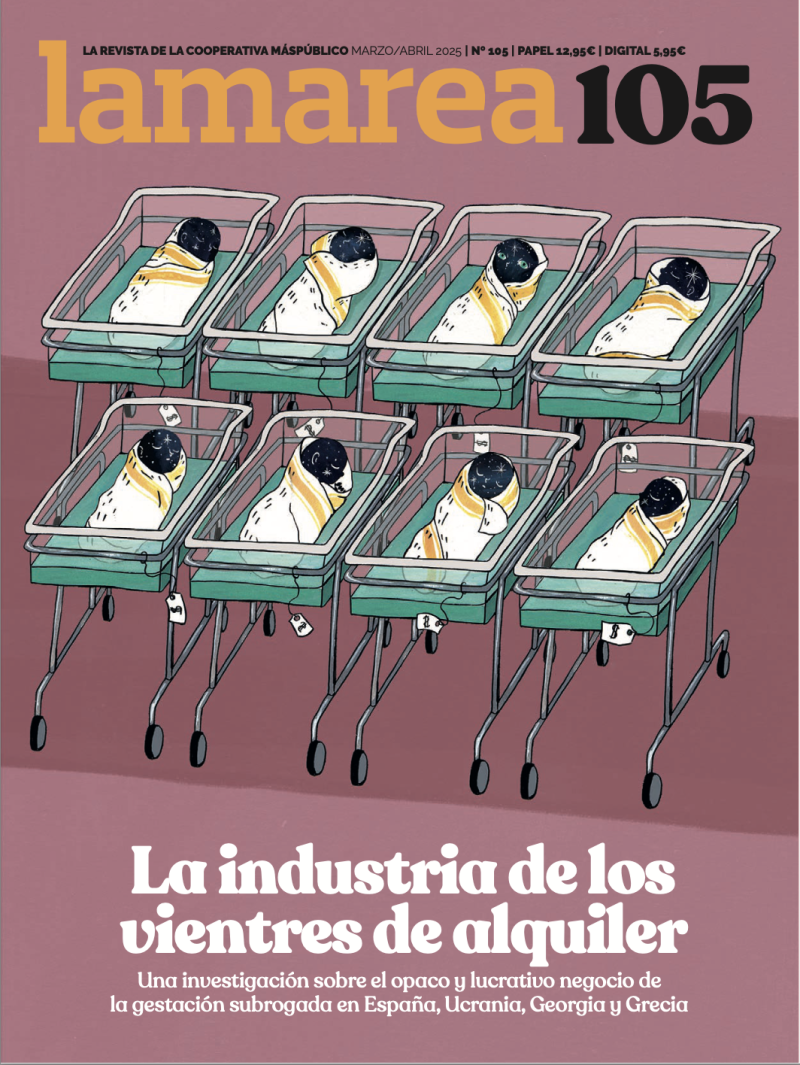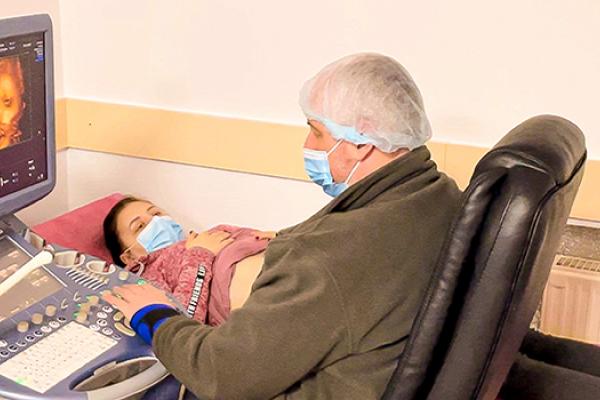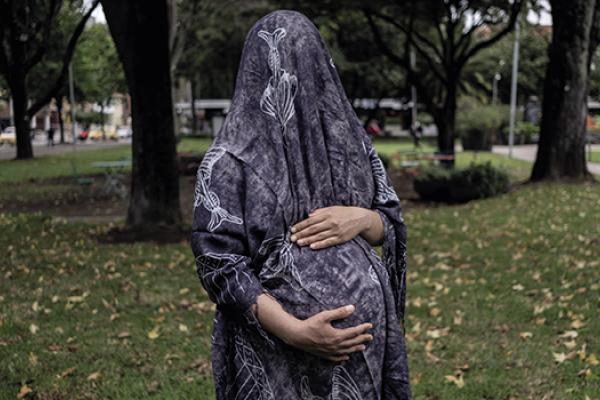In Spain, surrogacy is completely illegal, creating barriers for intended parents seeking alternative routes to parenthood. Meanwhile, Greece has established a legal framework for surrogacy since 2002, allowing heterosexual couples who meet certain criteria to engage in these arrangements. In Ukraine, the main hub of surrogacy in Europe, the clinics have seen increased demand for babies since the war began in 2022. In Georgia, where it’s also legal, it is a booming business due to lower rates.
This cross-border team of journalists have developed an in-depth investigation to provide a comprehensive understanding of the surragocy business to reveal its practices and to identify the links between agencies, law firms, lobbies and clinics in the four countries. The team employed a robust methodology that included data collection, personal interviews, legal analysis, and data synthesis.
Photo: Maria Volkova










